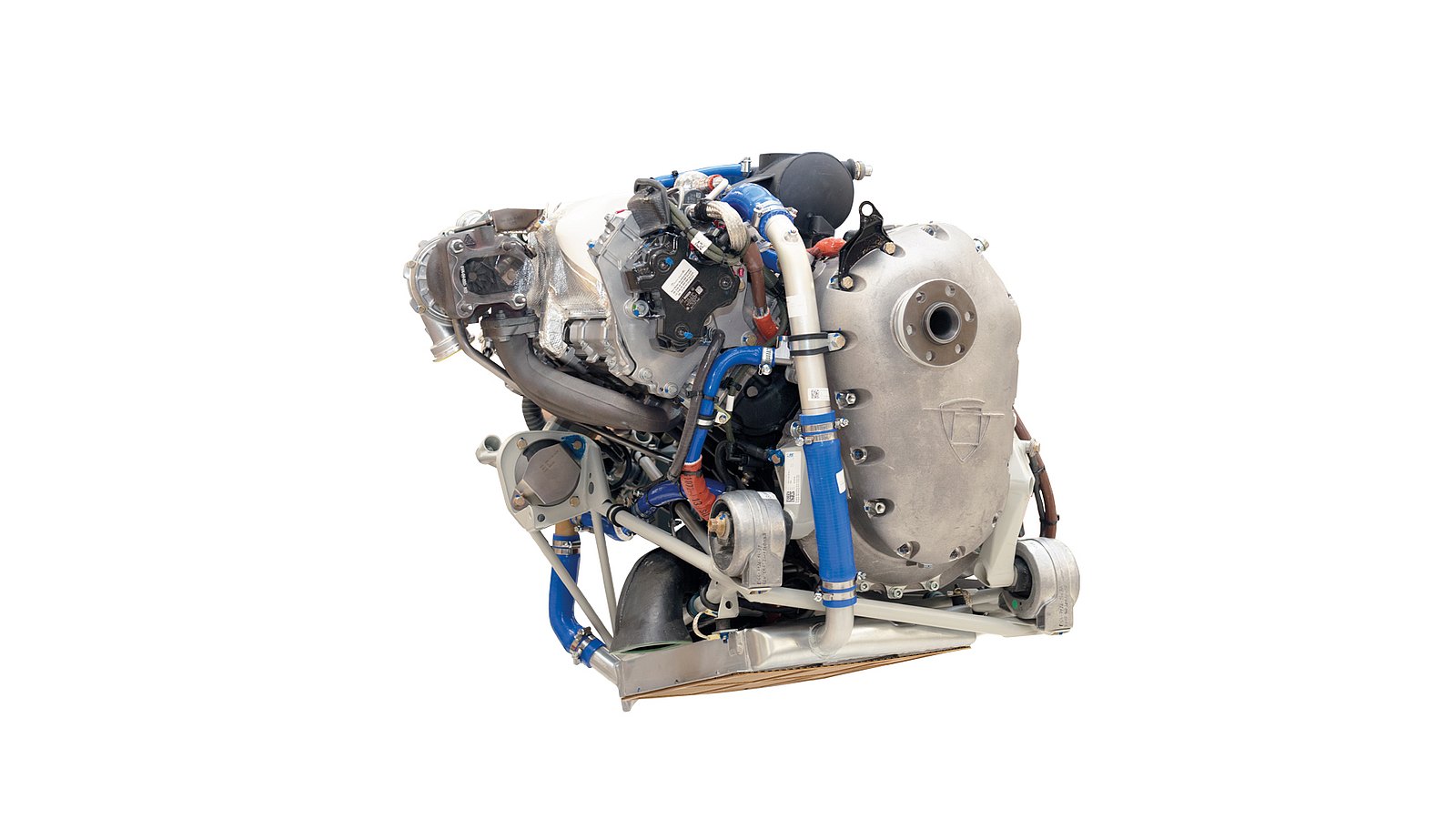Just How to Resource Affordable Solutions from Engines For Africa
Wiki Article
A Total Guide to Choosing the Right Engine for Your Task
Picking the ideal engine for your project is an essential decision that can substantially influence its total success. It is important to thoroughly define your job requires, assess performance requirements, and take into consideration user-friendliness together with other important elements. In addition, recognizing the neighborhood support readily available and inspecting cost implications can further refine your selection. Each of these elements plays an essential role in making certain that your selected engine not only satisfies immediate objectives but likewise lines up with long-term desires. As we check out these factors to consider, you might locate that the nuances of each aspect expose more than at first prepared for.Define Your Task Demands
Specifying your task needs is a critical action in choosing the suitable engine for successful application. A comprehensive understanding of your job's objectives will certainly direct you in recognizing the capabilities and features called for from an engine. Begin by outlining the scope of your project, consisting of the preferred performance, target audience, and the specific end results you aim to attain.
Next, think about the technical requirements that straighten with your task objectives. This consists of assessing the compatibility of the engine with existing systems, as well as the programming languages and frameworks that will certainly be utilized. Additionally, examine the level of scalability required to suit future development or modifications in need.
Spending plan restrictions also play a vital role in defining your task needs. Establish a clear monetary structure to direct your decision-making process, guaranteeing that the engine picked fits within your budget plan while offering the needed capability.
Evaluate Performance Demands

Next, think about the scalability of the engine. Assess whether it can deal with enhanced work as your job expands. Engines that support horizontal scaling are commonly better for larger applications. Furthermore, assess the engine's efficiency under different problems, such as peak use scenarios, to ensure it satisfies your reliability criteria.
Take Into Consideration Convenience of Usage
While technical specifications are necessary, the convenience of use of an engine can considerably affect the advancement process and total job success. An instinctive interface, clear paperwork, and streamlined process can considerably lower the learning curve for developers, enabling them to concentrate on creative thinking and problem-solving instead of grappling with complex devices.When evaluating an engine's ease of usage, think about the onboarding experience. A well-structured intro, full with tutorials and sample projects, can assist in a smoother shift for new customers. Furthermore, the quality and comprehensiveness of the engine's documents play an important duty; comprehensive overviews and API references can equip designers to repair and execute attributes effectively.
One more facet to think about is the engine's modification abilities. An engine that enables easy alterations can be a lot more straightforward, as developers can customize it to fit their details demands without extensive problem. Last but not least, evaluate the process integration with platforms and devices you already use. A cohesive environment can enhance performance and minimize rubbing throughout the advancement process. Eventually, choosing an engine that focuses on simplicity of use can lead to a more productive and pleasurable development experience.
Assess Community and Support
The strength of an engine's neighborhood and assistance network can greatly affect a designer's experience and success. When evaluating an engine, consider the dimension and task degree of its neighborhood.In addition, review the accessibility of official support channels. Trustworthy documentation, receptive client support, and regular updates are crucial for resolving technical problems and keeping your task on track. Engines For Africa. Active areas likewise promote partnership, giving opportunities for networking and comments, which can be important, specifically for small teams or independent programmers
Additionally, check out the presence of community-run occasions, such as hackathons or meetups. These celebrations can enrich your understanding of the engine while attaching you with potential collaborators and knowledgeable individuals. In recap, a durable community and support group not only streamline growth but also produce an environment for discovering and development, ultimately improving the likelihood of your job's success.
Contrast Expense and Licensing Choices
Budget considerations play a critical role in picking the ideal engine for your project, as the price and licensing choices can significantly impact both short-term expenditures and lasting viability. Engines try these out For Africa. Different engines provide differing rates structures, which can include one-time acquisition costs, subscription versions, or revenue-sharing arrangements based on your project's revenues
Licensing options additionally vary considerably. Some engines are open-source, supplying flexibility and community-driven support, while others might require exclusive licenses that restrict use and circulation. Understanding the effects of each licensing design is vital, as it impacts ownership legal rights, future scalability, and prospective lawful commitments.
Final Thought
Finally, choosing the ideal engine for a project demands a complete examination of specified job needs, efficiency needs, convenience of usage, area assistance, and price factors to consider. By systematically attending to these important variables, decision-makers can guarantee alignment with both current and future project needs. A well-informed choice inevitably boosts the probability of task success, allowing effective resource appropriation and making best use of potential end results within the specified monetary restraints.Picking the suitable engine for your job is an important choice that can considerably influence its total success.Defining your job requires is an important action in picking the suitable engine for effective execution. A detailed understanding of your job's goals will guide you in identifying the functions and capacities More Info required from an engine.Once you have a clear understanding of your task needs, the next step is to evaluate the efficiency needs of the engine.In verdict, picking the ideal engine for a project requires a thorough analysis of defined job requirements, efficiency requirements, ease of usage, neighborhood support, and price considerations.
Report this wiki page